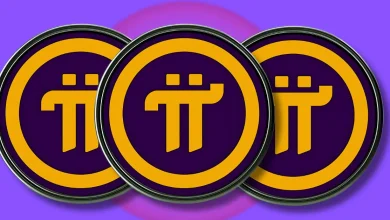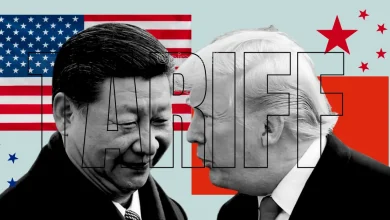EU agrees on AI rules for generative AI tools like ChatGPT.
Tech companies are embracing AI's potential despite regulations.
EU aims to balance protecting local startups and addressing societal risks.
In the vast ocean of AI regulations, the European Union is steering a course, aiming to protect local startups while tackling the risks posed by rapid AI advancements. At the forefront of their concerns is ChatGPT, the latest perceived threat. The goal is to safeguard users’ data, integrity, and rights, but what could be the unintended costs?
Let’s explore the details of the EU’s AI rules.
Breaking Down the Deal
In a lengthy negotiating session, EU representatives reached an agreement on regulations for generative AI tools like ChatGPT and Google’s Bard. After a ten-hour discussion, parliamentarians and EU member states agreed on regulations for these AI systems.
This significant agreement, a step towards the AI Act, involves collaboration between the European Commission, Parliament, and representatives from 27 member countries. However, the complexity lies in the broader goal of establishing a global standard for regulating AI tools. Time is of the essence, with European elections on the horizon that could disrupt progress.
AI Developments Continue
Adding intrigue is the timing of events: Google’s unveiling of Gemini AI’s capabilities and OpenAI’s dramatic episode with Sam Altman, all happening alongside these discussions.
While the actual impact remains uncertain, one thing is clear: tech companies are not shying away from AI’s potential. To rival ChatGPT, Google introduces Gemini, an AI solution in line with EU regulations. This technology will power Bard chatbots and search-generative experiences, a strategic move by Google in compliance with evolving AI standards.
Also Read: European Banking Authority Proposes Strict Regulations for Stablecoin Issuers under MiCA
The Race for Innovation
Google’s decision to license LLM via the cloud aligns with AI regulations, reflecting the widespread integration of AI across industries. The alliance between Meta Platforms and IBM signals a competitive environment where tech giants are exploring AI’s possibilities.
In this intricate dance, the EU, US, and UK grapple with balancing the protection of local AI startups like Mistral AI and Aleph Alpha while addressing societal risks. France and Germany voice concerns, emphasizing the need to avoid rules that might disadvantage their homegrown tech enterprises.
Headed Towards a Resolution
Optimism surrounds ongoing negotiations, but technicalities require further deliberation. The proposed regulations entail stringent requirements for AI developers, including tracking training data, summarizing copyrighted material usage, and appropriately labeling AI-generated content. AI systems posing “systemic risks” will follow an industry code, collaborating with the commission to monitor and report incidents.
This ongoing tug-of-war among EU members encapsulates the struggle to find the elusive balance in AI regulation.







